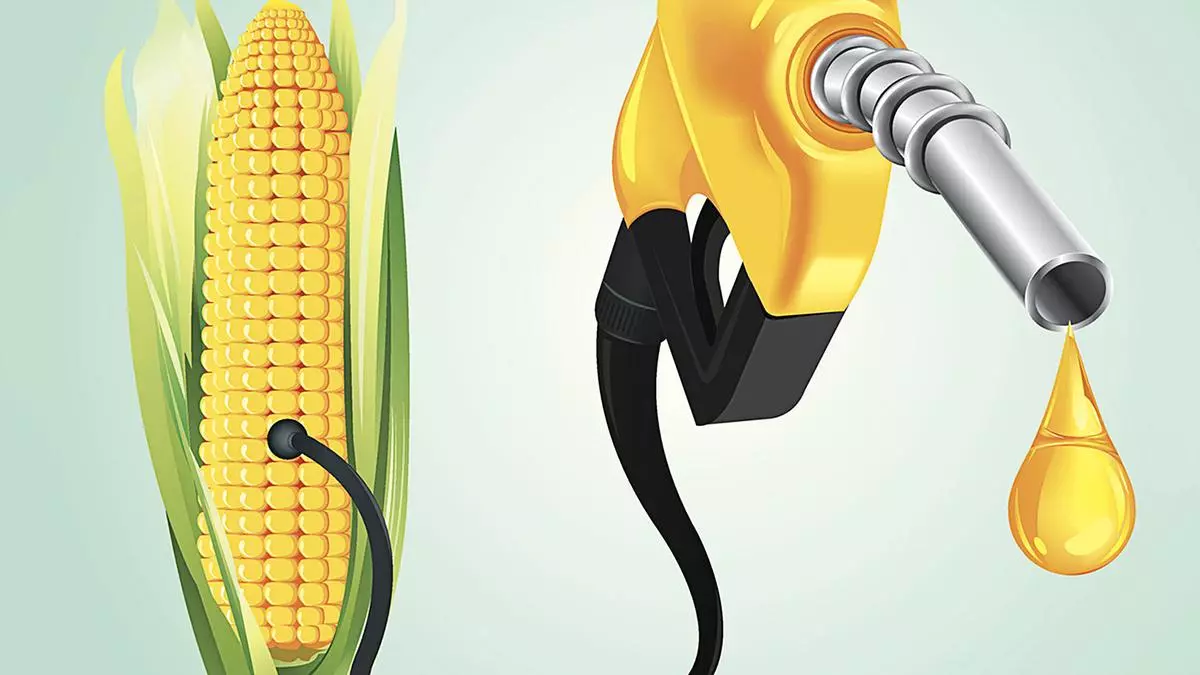PM Modi’s 3rd Term Guarantees Energy and Commodity Policy Continuity: S&P
Prime Minister Narendra Modi has said that the National Democratic Alliance (NDA) will form the government for the third consecutive time, and this is expected to ensure policy continuity for the energy and commodity sectors, S&P Global Commodity Insights said on Wednesday.
The NDA is all set to form the government for the third time, Modi told party workers in a victory speech after the results showed the NDA alliance was ahead in about 290 seats, past the qualifying 272-mark in the 543-member Lok Sabha, it said.
“India’s rapid economic growth will be underpinned by a multidimensional energy transition — with strong demand growth for oil, gas and renewables. With this win, we can expect policy continuity. It will present new investment opportunities for both domestic and international investors,” said Atul Arya, S&P Global Commodity Insights’ chief energy strategist.
The BJP-led alliance won fewer seats than in the 2019 elections, while the opposition alliance sharply improved its performance.
Unfinished agenda
The new government will face the familiar challenges of keeping energy supply affordable, reliable and clean — all of which necessitates a 15 per cent share for natural gas in the country’s primary energy mix by 2030.
The government first set this target in 2017, when the share of gas was just over 6 per cent, but nearly six years later the needle has not moved much. While the 15 per cent target has remained unchanged, the energy landscape has evolved rapidly, raising questions over whether the target still holds.
India, as the world’s third-largest ethanol fuel producer, aims to achieve 20 per cent ethanol blending in gasoline by 2025. Market participants have been concerned about the scarcity of first-generation feedstocks, primarily sourced from sugarcane and corn, which could pose a delay.
Market participants expect the new government to address the challenges in utilising second-generation feedstocks such as agricultural and biomass waste to ensure a stronger ethanol production supply chain, S&P Global Commodity Insights said.
Energy security and affordability
Modi said in his speech that the new government will “focus on the environment, green industrialisation and green mobility.”
The evolving energy landscape, coupled with the turbulent geopolitical situation and heightened attention on India as a hub for oil demand expansion could throw up challenges for the new government as it tries to ensure affordable energy and energy security, while working towards meeting its climate pledge, S&P Global Commodity Insights said.
The growing belief that India could become the epicentre of oil demand growth is expected to prompt the new government to prioritise refining and upstream investments, as well as expand oil storage facilities and crude import sources to dilute the impact of growing geopolitical turbulence.
S&P Global Commodity Insights expects India’s oil demand to touch 5.54 million barrels per day in 2030, from about 4.5 million b/d in 2023.
